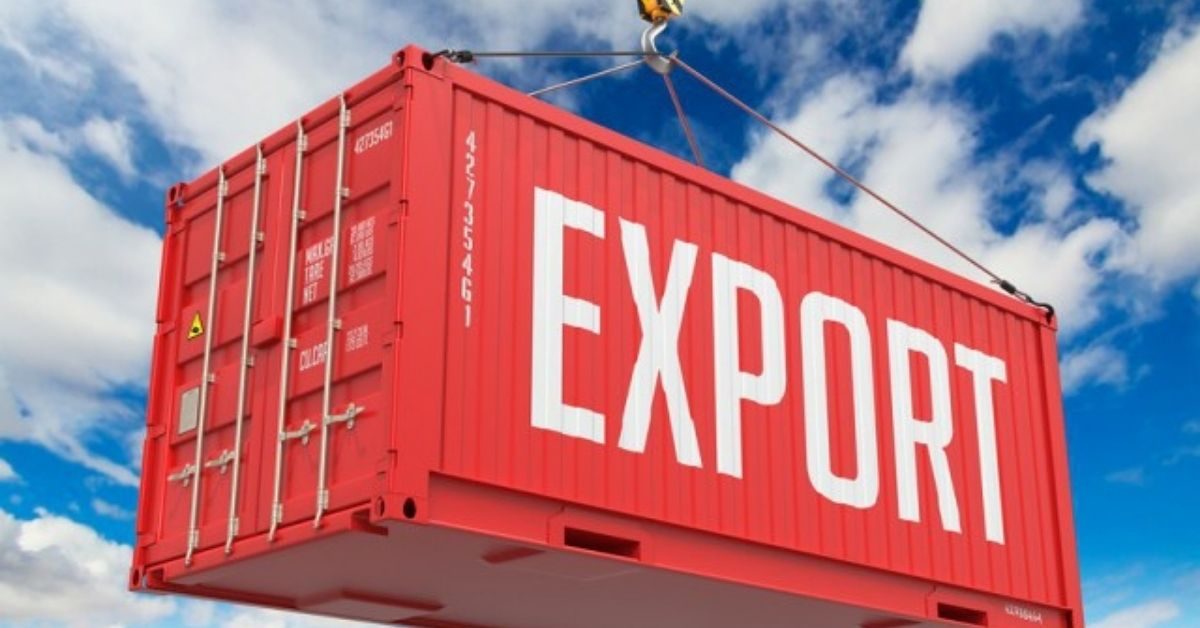The amnesty scheme could benefit about 1,000-odd exporters, while it could also result in the immediate flow of tax revenues to the Centre due to the resolution of the disputes.
To regularise export obligation (EO) default cases under the Export Promotion Capital Goods (EPCG) and Advance Authorisation (AA) schemes, the government is examining an amnesty scheme for exporters, under which they may be required to pay applicable customs duty but get some relief on interest and escape penalties fully, sources told FE.
The amnesty scheme could benefit about 1,000-odd exporters, while it could also result in the immediate flow of tax revenues to the Centre due to the resolution of the disputes.
Though the exact cost of the amnesty scheme for the government or benefits to the exporters could not be ascertained, it could well run into at least a few hundred crores. Tax revenue foregone by the government on EPCG and AA schemes in FY22 was Rs 11,700 crore and Rs 2,862 crore, respectively. Similar revenues were foregone in the previous years as well.
The EPCG and AA schemes facilitate imports of goods for producing quality goods and services and enhancing India’s manufacturing competitiveness. An announcement in this regard might be made in the upcoming Budget for FY24, the sources indicated.
The EPCG scheme allows import of capital goods at zero customs duty for pre-production, production and post-production of export goods. It also covers certain categories of service providers. Exporters availing the benefit of the EPCG scheme are required to achieve an EO equivalent to six times the duties, taxes and cess saved on capital goods, to be fulfilled in six years reckoned from the date of issue of authorisation. Export obligation under the scheme should be, over and above, the average level of exports achieved by the applicant for the same and similar products, except for certain categories, as specified.
Advance Authorisation (AA) is issued for the import of duty-free inputs against which the prescribed Export obligation (EO) was to be fulfilled within 18 months from the date of issue of the authorisation.
“There were a large number of cases where exporters have obtained licences for duty-free imports under both EPCG and AA schemes. But many haven’t met their EOs. The industry has requested an amnesty scheme, given the Covid impact on businesses and export orders,” a senior official told FE.
The government has also given extensions from time to time in the past two years to exporters to meet their EOs.
“In many cases, the interest amount has far exceeded the customs duties payable by exporters. We are seeking relief from the interest and penalties as these liabilities will make businesses non-viable,” Ajay Sahai, director-general & CEO at the Federation of Indian Export Organisations (FIEO), said.
The penalty is understandable where there is a deliberate violation of laws, he said. “If the global condition changed or the buyer has backed out or a lack of demand for the product itself, one has to look into that this genuine cycle of a trade,” Sahai added. Merchandise exports declined 16.7% on year in October, the first drop in 20 months and the worst slide since May 2020 when a nation-wide lock-down was imposed to contain the Covid outbreak. While the recessionary tendencies in key western markets like the US and EU have slowed India’s exports, the outlook on world trade is even grimmer for FY24.







